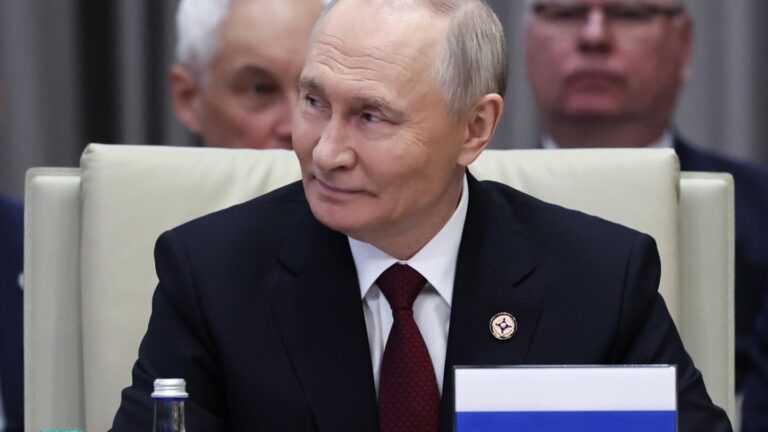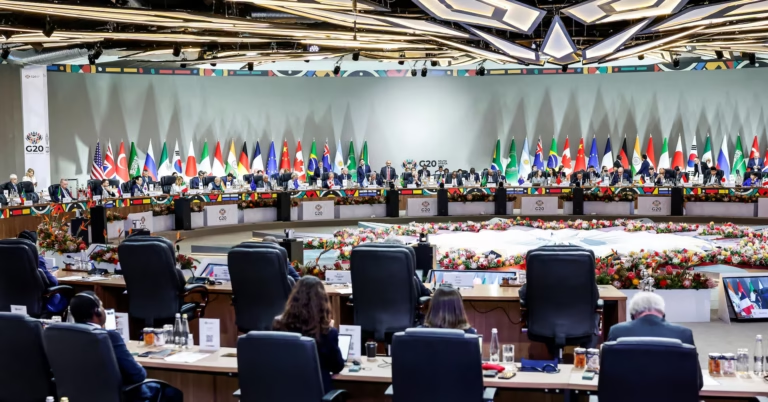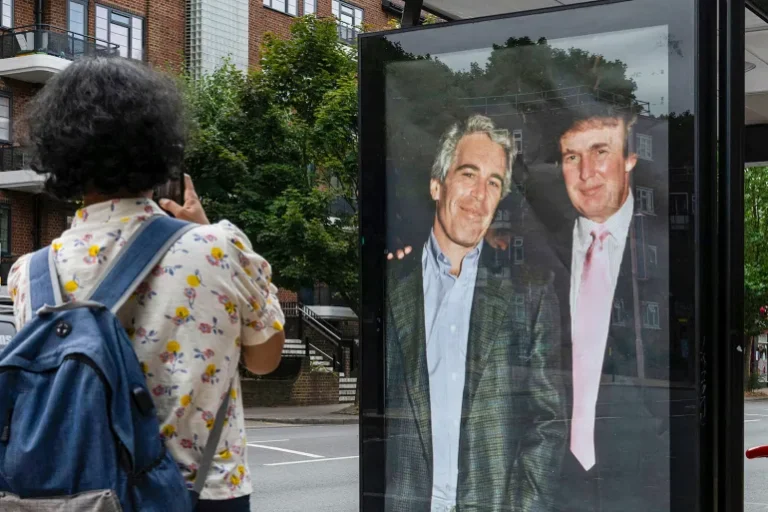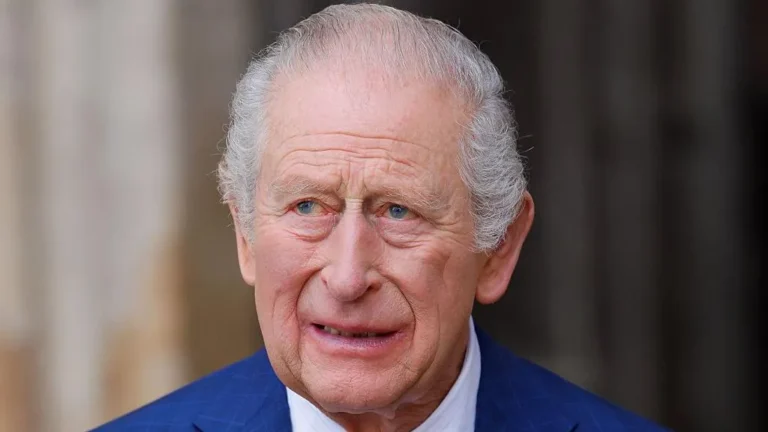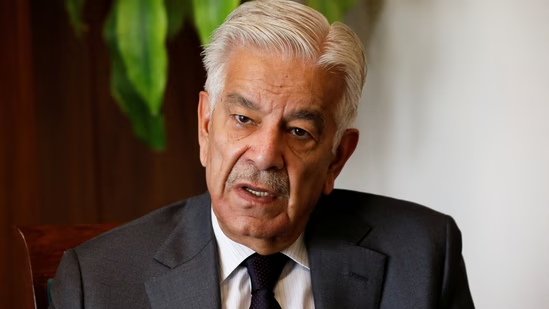
Tensions Rise as Talks Begin
Pakistan’s Defence Minister, Khawaja Muhammad Asif, cautioned on Saturday that the ongoing peace negotiations with Afghanistan in Istanbul could result in “open war” if no agreement is reached. The second round of talks follows two weeks of deadly clashes along the Afghanistan-Pakistan border, which erupted after explosions in central Kabul. The Taliban government attributed the blasts to Pakistan, prompting retaliatory strikes.
The initial ceasefire had collapsed within days, but a new truce mediated by Qatar and Turkey appears to have held. Islamabad emphasizes the need to address cross-border terrorism, while Afghanistan focuses on preserving its territorial integrity.
ALSO READ: Kurnool Bus Tragedy: Video Shows Biker Riding Recklessly Before Deadly Crash
Agenda and Delegations
The Istanbul discussions involve mechanisms to maintain stability as outlined in earlier Doha agreements. Afghanistan is represented by deputy interior minister Haji Najib, while Pakistan has sent a two-member security delegation. The talks aim to resolve outstanding security and border concerns and establish a lasting truce.
The recent escalation coincided with a rare visit by the Taliban foreign minister to India, further complicating the regional dynamics. Pakistan, historically a supporter of the Taliban, continues to play a strategic role in the peace process, seeking assurances against threats from Afghan soil.

